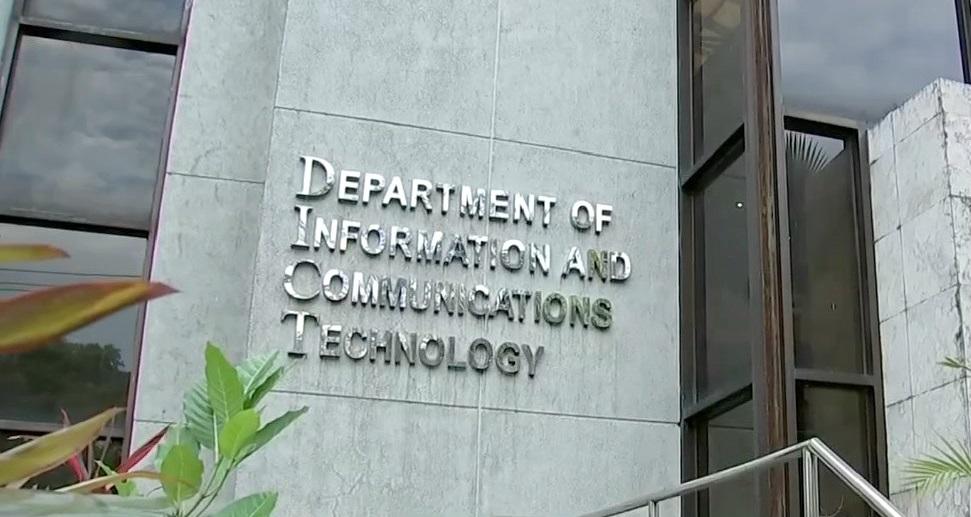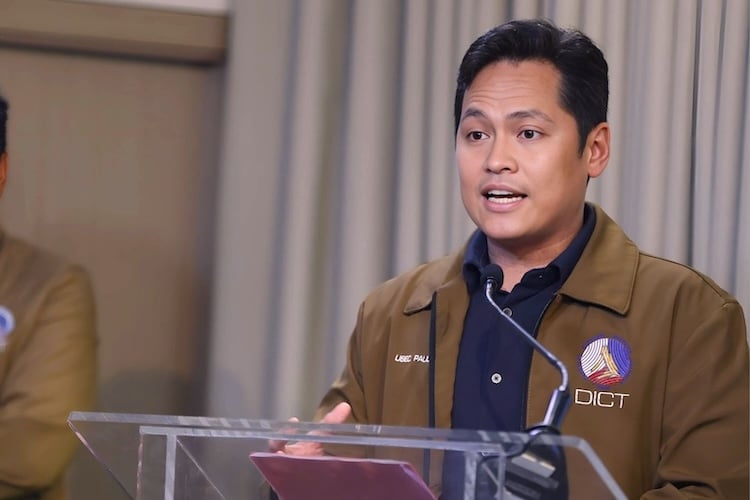
Editor
Lloyd Kelly Miralles chevron_right
Table of Contents
Why the “Bayanihan SIM” Matters

The Department of Information and Communications Technology (DICT) says the new Bayanihan SIM program is more than a tech giveaway—it is a decisive move to close the digital divide for Filipinos in geographically isolated and disadvantaged areas (GIDAs). DICT Secretary Henry Aguda explains that reliable mobile data can ignite online learning, power e-commerce, and enable new livelihood opportunities that may eventually make local internet use self-sustaining.
Program at a Glance
During the launch at Kalawakan Elementary School in Doña Remedios Trinidad, Bulacan, 500 students, teachers, and parents received Globe-powered TM SIM cards pre-loaded with 25 GB of open-access data that renews monthly for a period of one year. The pilot continues this week in Masinloc, Zambales, and General Luna, Quezon, bringing the first-wave total to 1,500 SIMs. DICT has earmarked ₱3 billion for SIM subsidies and an accompanying tower-build program, targeting around 100 new “common towers” so remote communities retain coverage long after the free data expires.
Scale-Up Targets
DICT Undersecretary Faye Condez-de Sagon outlined an ambitious timetable: 600,000 SIM cards by December 2025, climbing to roughly 1,008,000—effectively “one million”—by early 2026. Officials estimate that each SIM can benefit an entire household, so the program could touch five million people.
How Learners and Families Benefit

Students can stream DepEd TV lessons, follow Khan Academy videos, and collaborate through messaging apps without worrying about data caps. Teachers gain the bandwidth to run live virtual classes, share digital modules, and participate in online professional development courses. Parents, meanwhile, get entry-level access to digital finance platforms such as GCash, online marketplaces, and tele-health services, opening doors to income and essential government services.
A Public-Private Effort
Anchored on Republic Act 10929 (Free Internet Access in Public Places Act), the project pools resources from Globe Telecom, GCash, the Department of Education, the Department of the Interior and Local Government, and the Philippine Statistics Authority. Globe President Carl Cruz notes that universal connectivity “should not depend on geography,” pledging continuing support as infrastructure pushes farther into the countryside.
What Comes Next
Beyond the one-million-SIM milestone, DICT will assess academic performance, livelihood uptake, and network reliability, adjusting the subsidy model before deciding on a second-year extension. Officials emphasize that the tower-build component is critical; once local economies begin transacting online, data demand should be strong enough for telcos to sustain services without further government aid.
Sources
- ABS-CBN News — “DICT launches Bayanihan SIM to improve internet connectivity in far-flung areas,” 26 June 2025
- The Manila Times — “DICT, Globe launch Bayanihan SIM in Bulacan school,” Francis Earl Cueto, 26 June 2025
- GMA News Online — “DICT eyes one million SIM cards for students, teachers in remote areas by 2026,” Ted Cordero, 26 June 2025
